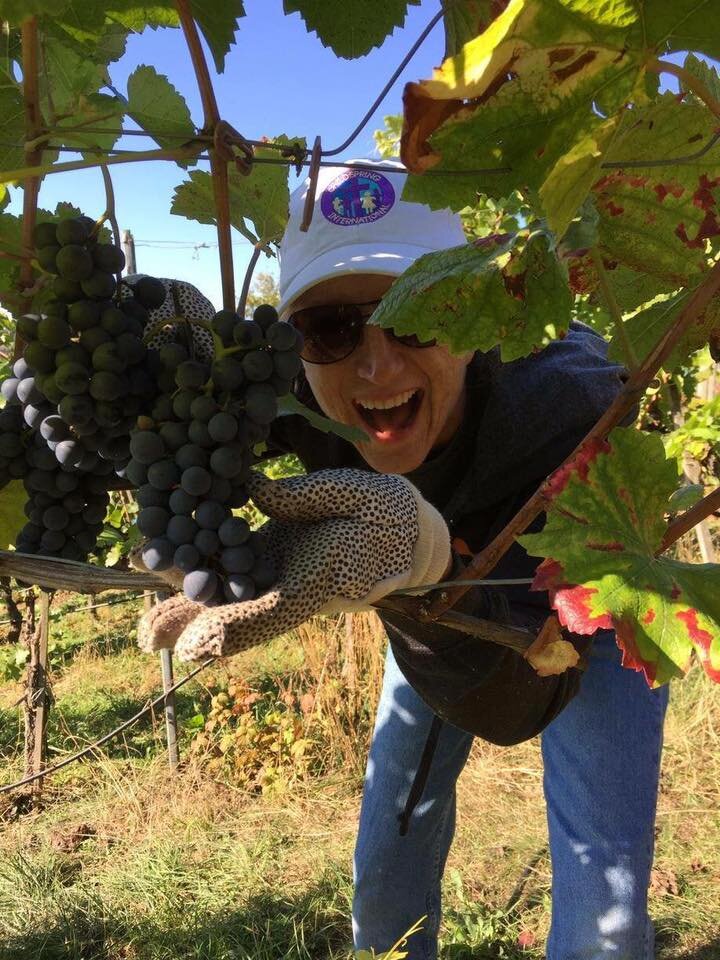Autumn Is Here! And So Are Seasonal Tours!
/It’s the first official day of fall, which means for me personally, I can start getting excited about Halloween. While I love summer for the warm, endless days, as someone who’s always had a taste for the macabre and a fascination with tales of the paranormal, the fun and spooky atmosphere of Halloween has always been my consolation prize for the cooler temperatures and reduction in sunshine. I make a list of scary movies to watch with my husband, get a kick out of the Spooked! podcast (but not when I’m alone at night!), and I revisit favorite spooky books.
So of course I do a Halloween tour, how could I not? I developed the “bones” of this tour several years ago for the USO, and after a year off due to the virus, the tour is back, new and improved in partnership with my tour guide colleague, Tom Hale of Esslingen City Tours. This is why I became a tour guide in the first place - because I’d be seeking out these historical stories, myths, and legends anyway, so why not share them with others?
This 90 minute tour through the darker side of Esslingen, a city dripping with over 1300 years of history that in some squares looks virtually unchanged from how it appeared 500 years ago, after night has fallen, is an experience you won’t soon forget! I do want to highlight that this tour is designed to be chilling for adults, so please be responsible when choosing to bring your older children. Graphic descriptions of torture and executions as they really happened is part of the dark history discussed on this tour.
I expect this limited tour to sell out, so please email thomasleytonhale@gmail.com to reserve your spot!
Meanwhile, the wine harvest is just about to begin, which means amazing color in the vineyards won’t be far behind! Autumn is the best time to take a Vineyard Wine Walk tour, because it’s never too hot, the scenery is at it’s best, and especially as harvest draws to a close there’s an almost celebratory atmosphere as the winemakers get to relax a bit and enjoy the fruit of their labor, so to speak. I will be doing public tours most Saturdays unless a private group reserves first - so better to reserve your spot now. I can provide private tours any day of the week, and a private tour for 5 people is the same as the cost for 5 on a public tour. Get a few more people and you’re really saving money!
Hope to see you in the vineyards! Zum wohl!









